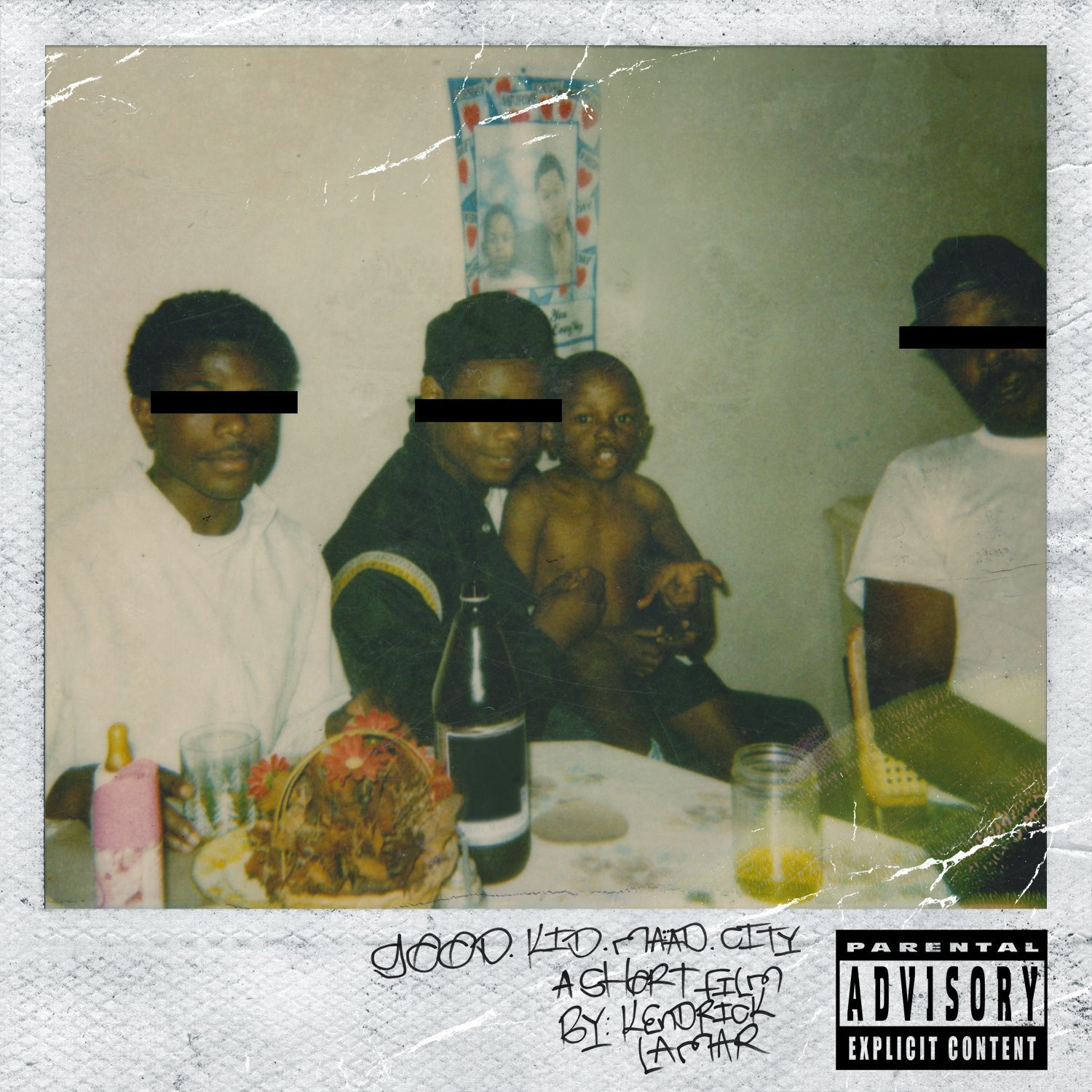Walking the line between mainstream and underground, Kendrick Lamar proudly raises the torch he was passed from West Coast legends Dr. Dre and Snoop Dogg. Lamar, also a devoted fan of 2pac, brings these legendary influences together in a novel way in his latest release, Good Kid m.A.A.d. City.
Although several tracks can easily pass for commercial fare, they are not your typical rap project. Good Kid m.A.A.d. City is not for light listeners—it’s more of a concept album by nature. The story starts with Lamar’s adolescent sexual experience in his mother’s car, parked in the streets of L.A.’s Compton. From there, Lamar ties in strings of narrative birthed out of Compton’s streets, akin to 2pac’s “Rose That Grew From The Concrete.”
“Backseat Freestyle” is a flaunting of lyrical skill, with Lamar waxing poetics over a mix of bubblegum topics. The young rapper shows that he can be light-hearted too, but make no mistake about the socio-political exposé he crafts throughout this album. “Good Kid” and “m.A.A.d City,” featuring legendary artist MC Eiht, describe the city of Compton’s dual nature. In the former, Lamar analyzes the constant presence of gangs, the ‘wolves in the jungle,’ and in the latter, he paints the canvas of Compton and raps the ballad of ‘Kendrick AKA Compton’s human sacrifice.’ The track “Poetic Justice” also features Canada’s own Drake, providing his usual verse of seduction, with Lamar effortlessly sounding in. All these elements tie together in Lamar’s own story of Compton: the violence, the gangs, the girls, and the visions of celebrity.
Good Kid m.A.A.d. City, in the words of veteran rap artist Ghostface Killah, is a “game changer,” by someone who typifies the “pinnacle of [their] breed.” I echo this opinion. If you are not a fan of hip-hop, pay attention—Kendrick Lamar is planning to change your mind.









